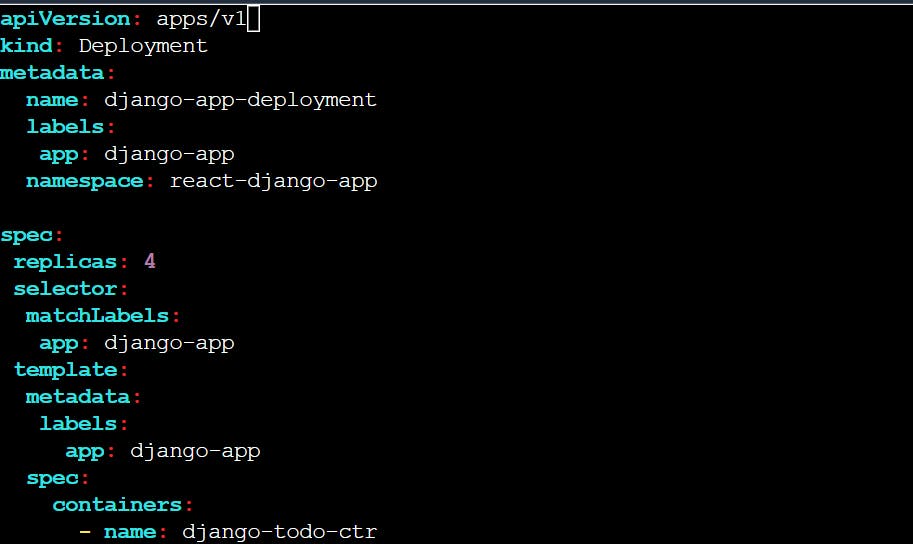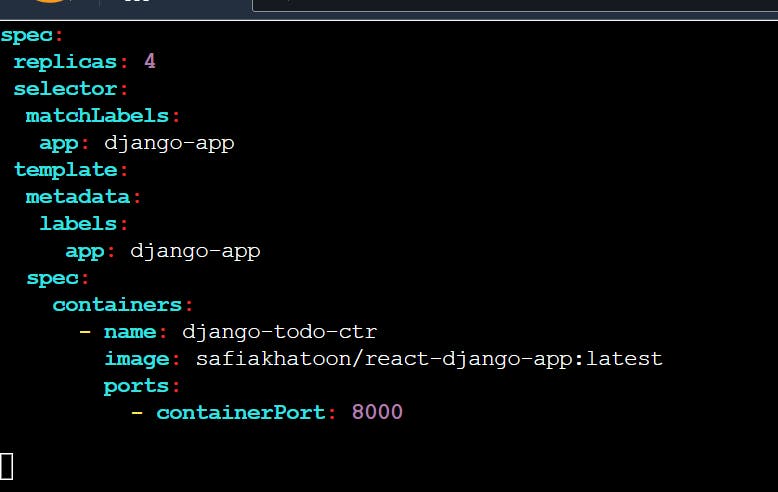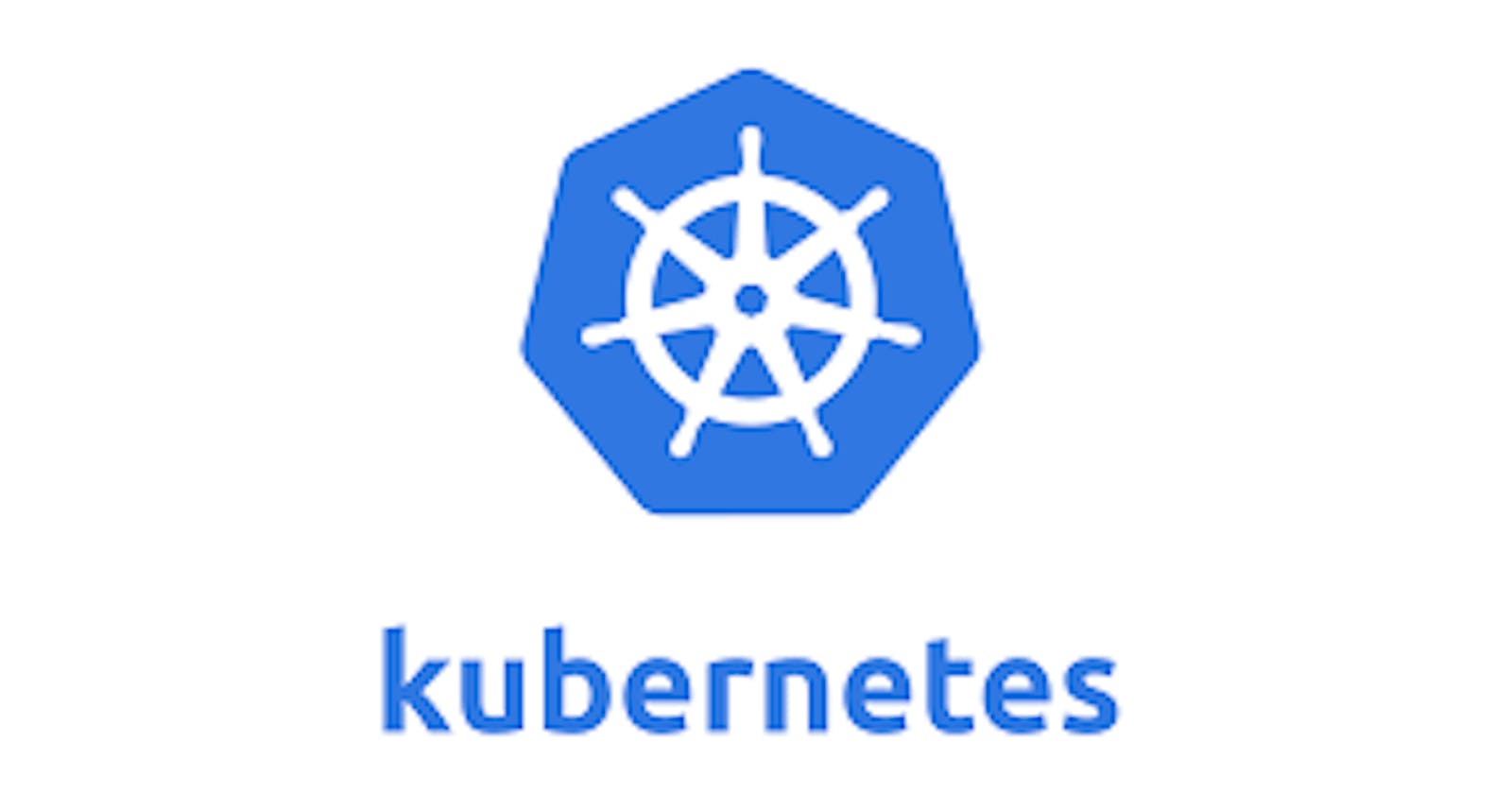Congratulation ! on your learning on K8s on Day-31
What is Deployment in k8s
A Deployment provides a configuration for updates for Pods and ReplicaSets.
You describe a desired state in a Deployment, and the Deployment Controller changes the actual state to the desired state at a controlled rate. You can define Deployments to create new replicas for scaling, or to remove existing Deployments and adopt all their resources with new Deployments.
Today's task let's keep it very simple.
Task-1:
Create one Deployment file to deploy a sample todo-app on K8s using "Auto-healing" and "Auto-Scaling" feature
add a deployment.yml file (sample is kept in the folder for your reference)
apply the deployment to your k8s (minikube) cluster by command
kubectl apply -f deployment.ymladd a deployment.yml file.


apply the deployment to your k8s (minikube) cluster by command
kubectl apply -f deployment.yml.
kubectl get pods --namespace=react-django-app

Now delete the pod by using command “kubectl delete pods — namespace <namespace_name> <pod_name>”. The deleted node will revive again or we can call this auto-healing.
kubectl delete pods django-app-deployment-8564d6c7d9-7pcvh -n=react-django-app

Thank you for reading this blog. Hope it helps.
— Safia Khatoon
Happy Learning :)
